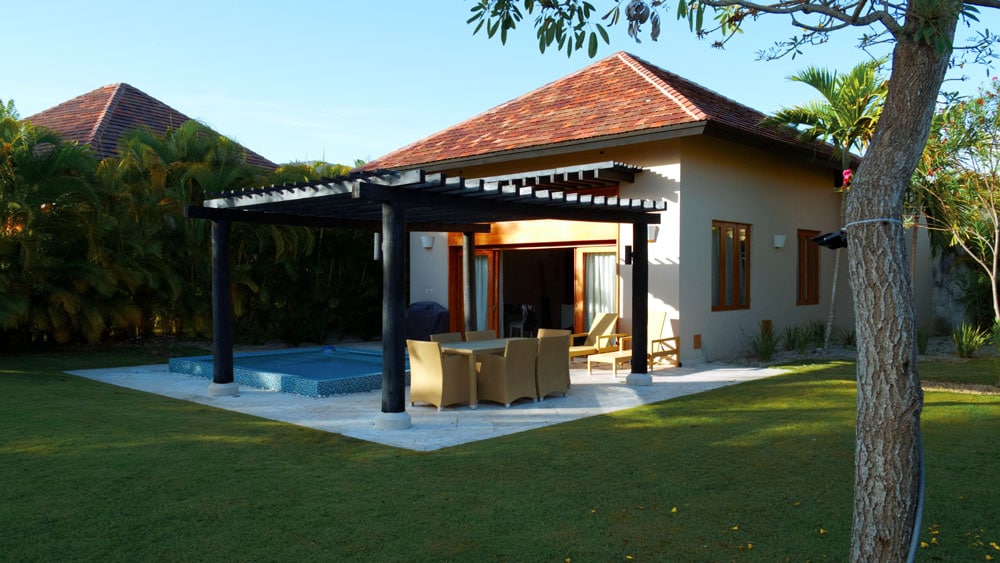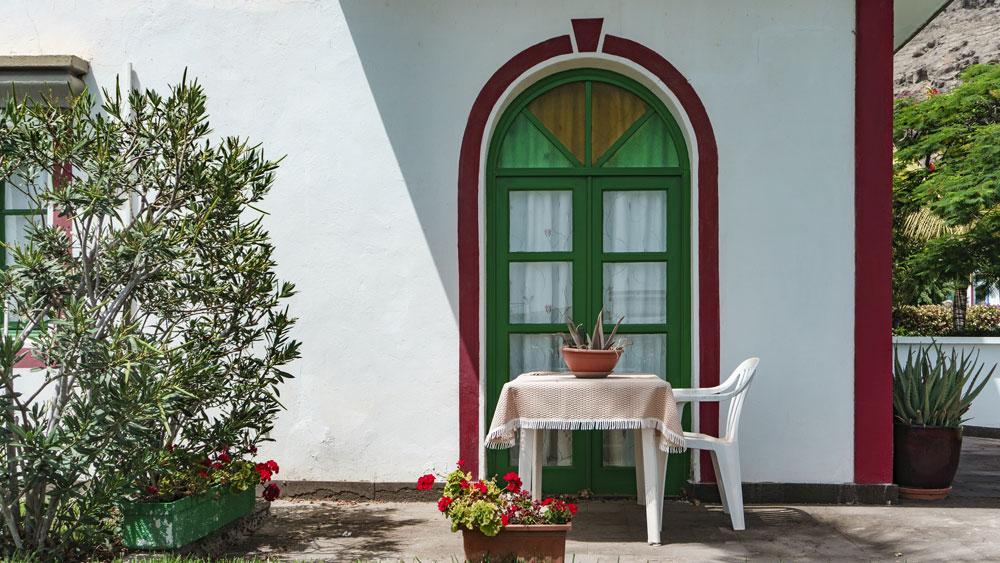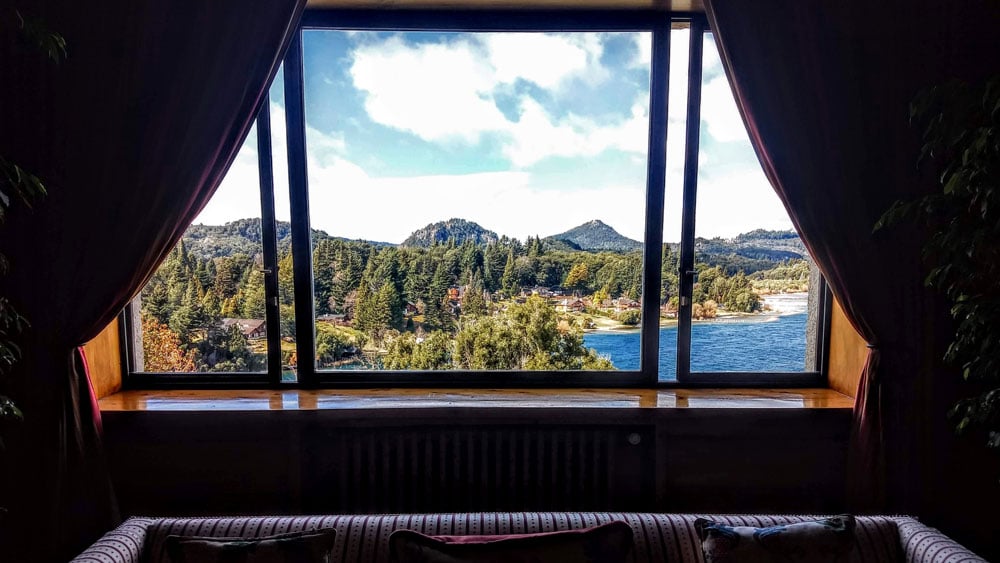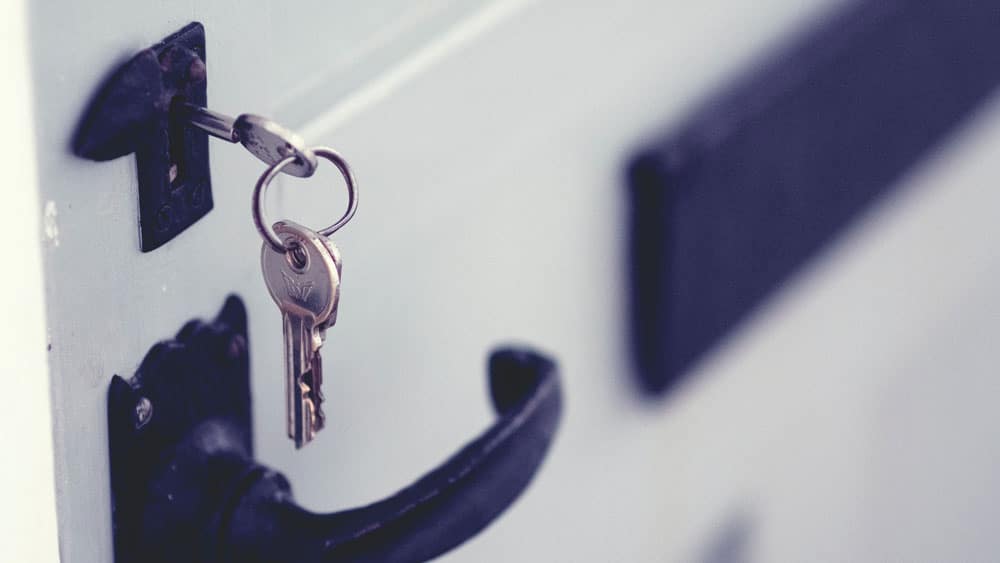
Buying a vacation home is a big decision for a number of reasons. From understanding what it’s like to own a vacation home to determining whether it will be a good investment, there are no shortage of questions to ask. Perhaps most importantly, questions regarding the financial impact of such a purchase may also weigh heavily on your decision.
As a real estate investor and owner of a vacation home, I explore these questions in greater detail in an effort to help you answer the question: Should I Buy a Vacation Home?
Why Do You Want to Buy?

Initially, ask yourself why you want to own a vacation home. Have you always dreamed of owning a vacation home to share with friends in family? Or perhaps you’re interested in owning a vacation rental? If, for instance, you’re interested in buying a vacation home primarily for investment purposes, then you will have a much different set of criteria to focus on then say someone looking to buy a family cabin. In short, understanding the motivation behind buying will help better inform your decision so that you can focus on the specific questions to ask.
No matter your motivation, however, here are some things you should consider before buying a vacation home.
Financial Considerations
Can You Afford it?
Determining whether you can afford to buy a vacation home is perhaps the most important consideration. A good rule of thumb is that your total debt to income ratio, inclusive of any debt owed on your primary and secondary residence, shouldn’t exceed 43%. So if your total monthly debts are $2,000/month and your gross monthly income is $7,000, you would have a reasonable debt to income ratio of approximately 28.5% ($2,000 / $7,000). If, on the other hand, your ratio exceeds 43%, then you will either need to reduce your debt or increase your income. Generating rental income from your vacation home while it’s not in use is one such way to increase your income assuming your lender will give you credit. If so, you can expect to receive credit for up to 70% of fair market rents.
For a better understanding of how much vacation home you can afford, try our Can I Afford a Vacation Home Calculator.
Is It Better to Own or Rent?

Ask yourself how much you plan on using the property and whether you’re okay with taking on the risk and responsibility that comes with ownership. If you plan on using the property for several weeks a year, are comfortable handling most of your own repairs and have the ability to generate revenue from it while it’s not in use, then perhaps buying a vacation property is worth it. From a pure investment perspective, compare different scenarios to see if it’s better to own or rent. If, for instance, real estate is expensive in the area you’re interested in but rent is cheap, then it may be better to rent. The extra money you save could then be invested in something else.
For a useful comparison of owning vs renting a fractional vacation home, explore our article Fractional Vacation Home Ownership: Is it Worth it? In the article you will also find useful inputs such as historical home appreciation assumptions and alternative investment scenarios.
In terms of the responsibilities that come with ownership, keep in mind that owning a vacation home is not truly passive. Even if you pay someone to manage the property or take care of maintenance, you will still need to deal with unexpected issues as they arise and annual obligations related to property taxes, insurance and other matters. If you’re looking for something more hands-off, then perhaps renting is the better option.
Is It a Good Investment?
Investing in real estate is often seen as a good investment as real estate tends to appreciate over time. You also have the ability to generate rental income and leverage the bank’s money at cheap interest rates. Yet the stock market has historically outperformed the housing market and offers a much more passive investment. Still, there’s no simple answer, especially given the uncertainty as to whether one investment type will outperform another in the future.
If you’re buying on pure speculation that housing prices are going to appreciate significantly then I recommend against doing so unless you have a high risk tolerance. On the other hand, if you can secure a reasonable interest rate on a mortgage and have the ability to generate rental income, it may just be a good investment over the long term.
Be sure to check out our investment property calculator, which provides a comparison of the expected return on investment from a vacation home vs the stock market.
Weighing the Pros and Cons
Any response to the question should I buy a vacation home will need to take into account the pros and cons of owning a vacation home. Here are a few that come to mind:
Pros
- Pride of ownership.
- Spend quality time with friends and family.
- Real estate is a fairly secure investment without the same volatility as other asset classes.
- Borrowing is affordable, even if interest rates are typically higher for second homes.
- Ability to generate short term rental income.
Cons
- Additional carrying costs could put a strain on finances and/or delay retirement.
- From an investment perspective, the stock market may in fact be more attractive over the long term.
- Ownership is not passive.
- In my experience, you may not use the property as much as you would like.
For a more complete overview of the pros and cons of owning a vacation home, explore our article here on everything you need to know before buying a second home.
What It’s Like to Own a Vacation Home

Having owned a vacation property for several years now, I can attest to the fact that, in many respects, the joy that vacation home ownership brings is truly priceless. Sure you can likely rent a comparable property but there’s something special about owning your own property. And while studies have shown that experiences bring more happiness than possessions, you get the best of both worlds with a vacation home. After all, you can take pride in ownership all the while enjoying the experiences with friends and family along the way.
Yet, I also need to deal with certain realities, including the following:
- Unexpected issues such as water/fire damage or theft do arise from time to time
- As I rent out my property while it’s not in use, I need to report my income to the appropriate tax authority
- For peace of mind, and in order to comply with the terms of my insurance which require my property to be vacant for no more than 30 consecutive days, I had to hire a property manager to check-in on the place from time to time.
- My annual maintenance costs total approximately $7,000, which is equivalent to approximately 1.0% of my home’s value. This is on the low end of the general rule of thumb that you can expect to spend 1 to 4 percent of your home’s value every year for maintenance. As such, I expect this amount to increase over time.
- With my second child on the way, we’re at risk of outgrowing the property
While these items are specific to my personal circumstances, the point is that it’s a big commitment owning a vacation home. Still, I have never regretted buying my property.
Should I Buy a Vacation Home? Final Thoughts
Before buying a vacation home, take the appropriate time to better understand the implications of doing so. Do your research, talk to your financial adviser and discuss other people’s experiences as vacation home owners. Importantly, get to know the area you’re interested in and rent before you buy to ensure it’s an area you can see yourself spending a significant amount of time.
The truth is, the only person that can answer the question “should I buy a vacation home” is you. Good luck!
Be sure to also explore my guide on how to buy a vacation home.
